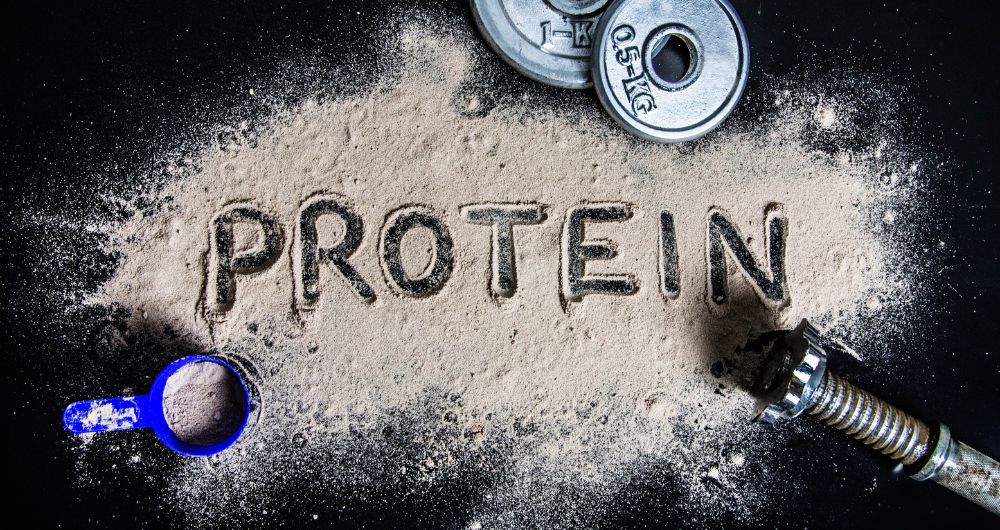
The Vital Role of Protein in Your Diet and the Hidden Dangers of Deficiency
The Risks of a Protein-Poor Diet: Why You Need to Prioritize Protein Intake
In today's health-conscious world, a balanced diet is emphasized, yet protein intake is often overlooked. Protein is vital, especially for active individuals or those aiming for peak fitness. Understanding the risks of a protein-deficient diet is crucial.
Understanding Protein and Its Importance
1. Building and Repairing Tissues: Proteins are integral for muscle growth and repair, which is why they are particularly important for athletes and those engaging in regular exercise. 2. Enzyme and Hormone Production: Many enzymes and hormones that regulate body processes are proteins. 3. Immune Function: Proteins help form antibodies that fight off infections. 4. Energy Source: While not the primary energy source, proteins can be broken down to provide energy when needed.
Risks Associated with a Protein-Poor Diet
1. Muscle Wasting (Sarcopenia): Inadequate protein intake can cause muscle breakdown, known as sarcopenia, affecting mainly older adults but also anyone with low protein consumption. Without sufficient protein, the body can't repair or build muscle fibers, resulting in muscle loss and decreased strength. 2. Weakened Immune System: Proteins are essential for a robust immune system. A deficiency can impair your body’s ability to produce antibodies and other immune molecules, making you more susceptible to infections and illnesses. 3. Slowed Metabolism and Weight Gain: A high-protein diet boosts metabolism and aids in weight management by burning more calories during digestion. Low protein intake can slow metabolism and increase consumption of carbs and fats, leading to weight gain. 4. Poor Recovery and Increased Injury Risk: Active individuals need protein for recovery and injury prevention. Lack of protein can slow recovery and increase injury risk. 5. Hair, Skin, and Nail Problems: Proteins are necessary for the production of keratin, collagen, and elastin, which are critical for healthy hair, skin, and nails. A deficiency can lead to brittle nails, thinning hair, and dull, sagging skin. 6. Hormonal Imbalances: Proteins are involved in the synthesis of hormones that regulate various bodily functions. A lack of protein can lead to hormonal imbalances, impacting mood, energy levels, and reproductive health.
How Much Protein Do You Need?
The RDA for protein is 0.8g per kg of body weight for adults but can vary with age, sex, activity level, and health. Athletes may need 1.2-2.0g per kg.
Sources of High-Quality Protein
Include high-quality protein sources in your meals to avoid the risks of a protein-poor diet. Excellent choices are essential.
1. Animal-based Proteins: Chicken, turkey, beef, pork, fish, eggs, and dairy products like milk, cheese, and yogurt. 2. Plant-based Proteins: Lentils, chickpeas, black beans, quinoa, tofu, tempeh, edamame, nuts, seeds, and whole grains.
